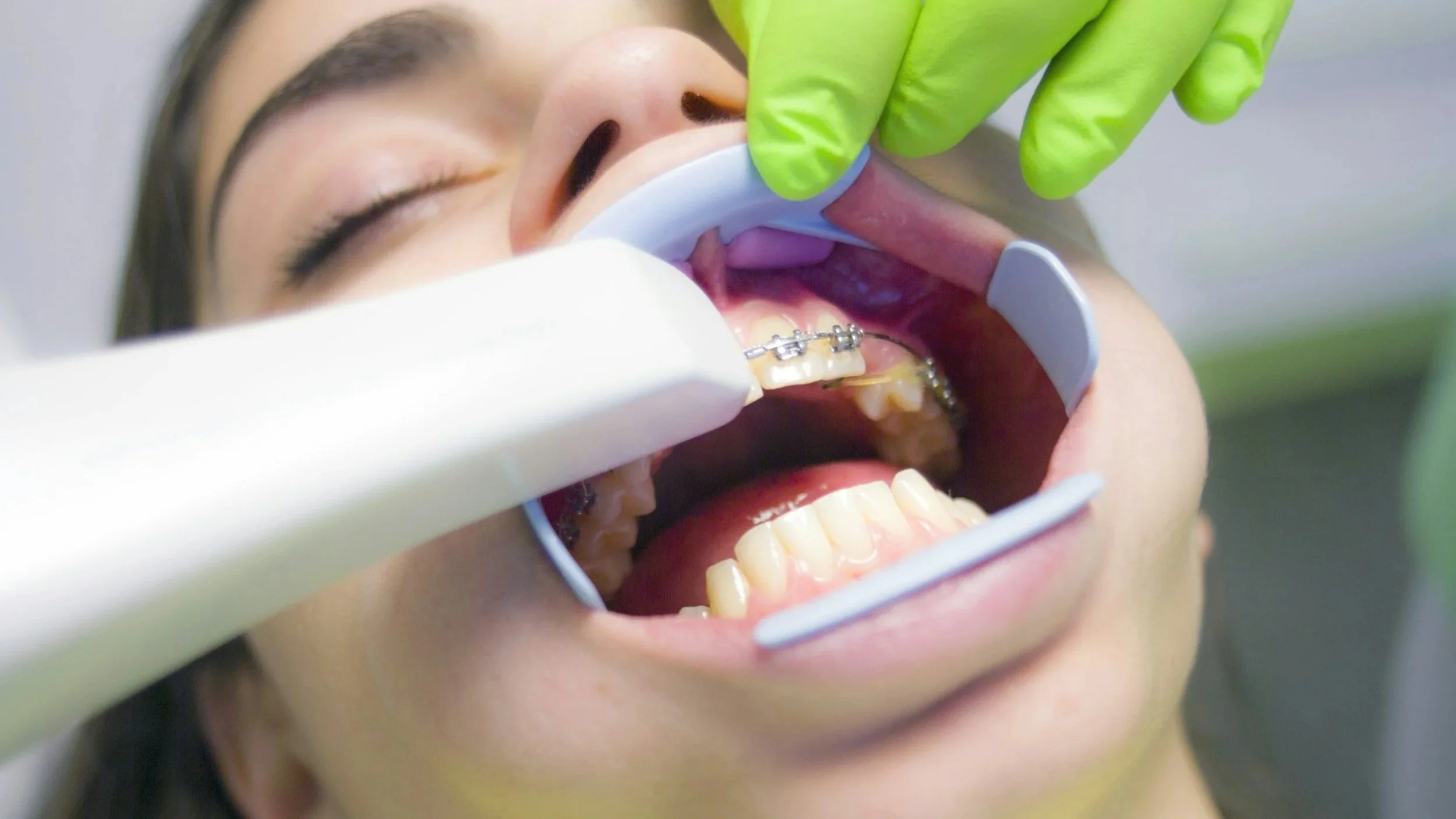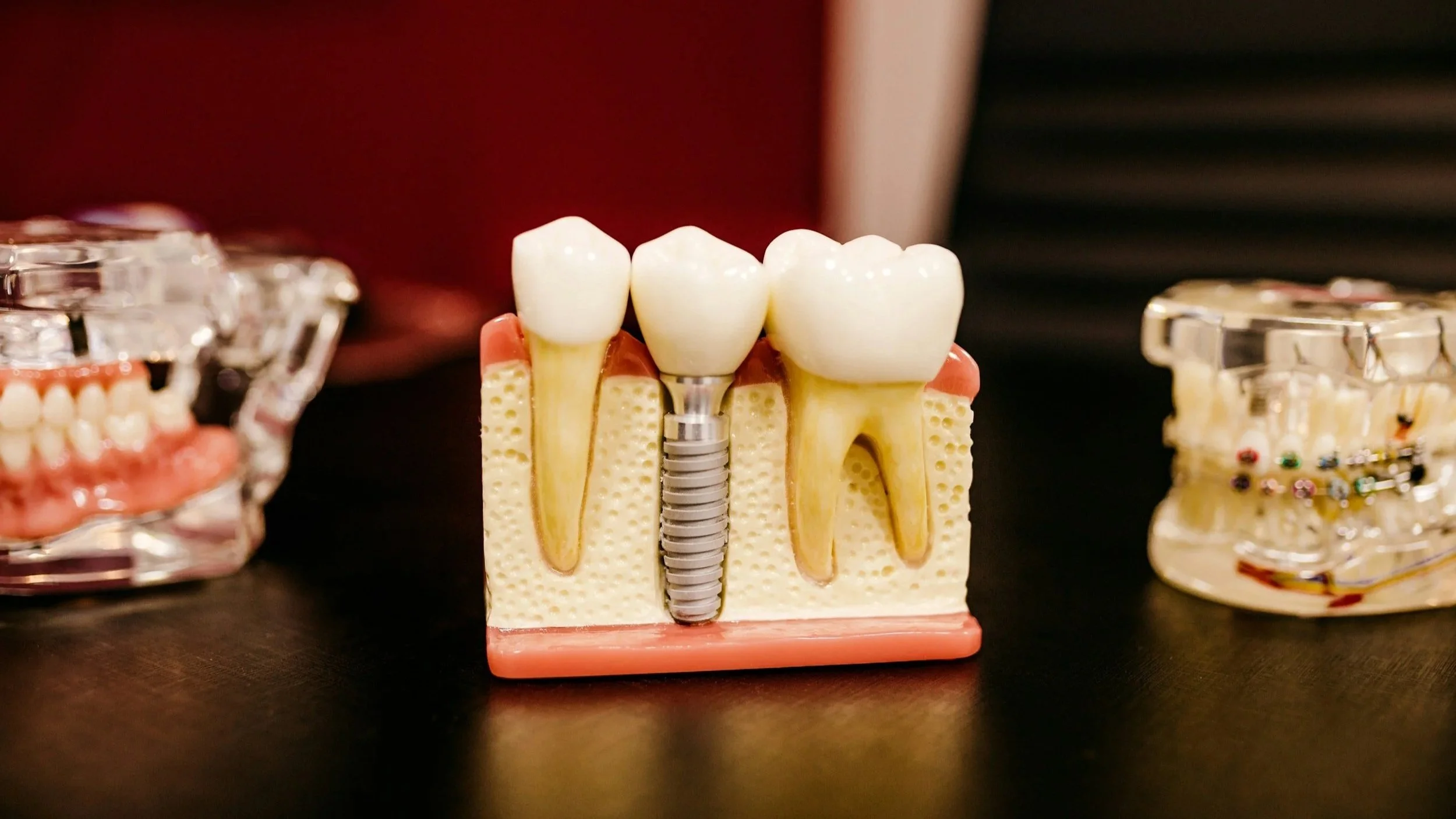Dental Insurance for Individuals and Families
Dental Insurance is not just offered as an employee benefit through work. You might choose your own dental plan if…
-If you are covered by Medicare and Medigap insurance (Medicare and Medicare Supplements do not cover dental).
-If you are self-employed or a small business owner and must choose your own insurance coverages.
-If your employee insurance benefits package through work does not include dental insurance.
Chip can compare available dental plans (benefits and premium costs), research if your dentist is in the dental insurers’ networks, and recommend the best plan for you.
Three Details to Note When Considering Dental Insurance
What is the Annual Benefit Maximum?
The most important benefit of a dental insurance plan is the “annual benefit maximum” which is the most an insurer will pay toward your dental costs in a year. After the annual benefit maximum is met, you are paying for all dental costs until the new plan year begins. A higher annual benefit maximum (or no annual benefit maximum) signals a more benefit-rich plan.
How are Endodontics (Root Canal) Covered?
Insurance companies decide how each dental service is covered in their plan, usually placing in a preventative, basic or major benefit category. Look carefully at endodontics (having a root canal). Most insurers place endodontics in the major benefit category, but others place endodontics in the basic benefit category, ensuring less cost for you!
Is Your Favorite Dentist in the Insurer’s Network?
If the dentist you wish to visit is in-network the dental insurance plan will be more beneficial to you. Being in-network means the dentist will offer lower rates for their services, and file your claims for you. We can search and share which plans count your dentist as in-network, or provide a list of all in-network dentists in your area.
We Offer Dental Insurance from Many Companies, Including…
Dental Insurance Benefits
Insurance companies’ plans differ in the details, but most plans follow a model of grouping benefits into 3 categories; preventative, basic and major.
Preventative Services….
usually include those “six month visits,” the dental exam, x-rays, and teeth cleaning. Preventative services can also include fluoride treatments and sealants for children and teenagers. Most dental insurers cover preventative services at 100%.
Basic Services…
usually include extractions, fillings and stainless steel crowns. Some plans include endodontics in this category. Basic services, depending on the dental insurance plan, are usually covered at 60% - 80%, after any deductible on the plan is met.
Major Services…
usually include porcelain crowns, dentures, bridges, endodontics (root canals), oral surgery, inlays and onlays. These dental services are covered at 50% by a majority of dental insurance plans, after any deductible on the plan is met.
Annual Deductible
Dental insurance plans usually contain an annual deductible you must pay before benefits begin. Note that this annual deductible does NOT apply to preventative services. But if you utilize basic or major services you would pay the dental costs up to the deductible amount (usually $50 or $75), then the insurer would begin to pay their percentage of benefit for ongoing dental services.
Annual Benefit Maximum
All dental insurance plans have an annual benefit maximum, which means the most benefit the dental insurer will pay towards your dental expenses in the year. The standard annual benefit maximum is $1,000 per covered person, though some plans feature higher amounts ($1,250, $1,500, or unlimited). If you meet your annual benefit maximum in the plan year, the dental insurance company pays nothing more toward your dental expenses until the new plan year begins.
Understanding Dental Insurance Networks
There are two main types of dental insurance plans in regards to provider networks vs. no network:
Indemnity Plans
This original type of dental insurance does not have a dental provider list at all. You can visit any dentist you wish and the plan benefits apply. You will need to pay the dentist directly in most cases. The dentist may file your claims, or offer you a detailed receipt for you to file the claims and be reimbursed directly by the insurer.
PPO / Network Specific Plans
The majority of dental insurance plans allow you to visit any dentist you wish, and plan benefits will be valid and applied. There is a dental provider network, and if your dentist is in network, it benefits you in two main ways (see below). If your dentist is not in network, the plan benefits still apply, but you will not receive the network benefits.
The Benefits of PPO Plans:
We offer Indemnity and PPO plans, but when pressed, we recommend the PPO dental insurance model, because of the two extra benefits of utilizing an in-network dentist.
If your dentist is in network:
-the dentist will file your claims for you with your dental insurer, only expecting you to pay them your portion of the cost (the insurer pays them directly). Out of network dentists can ask for payment in full, with you having to file dental claims and wait for reimbursement via mail weeks later.
-the dentist offers you, a member of the insurance plan, lower rates (than their posted regular, retail rates) on dental services the dental insurer has negotiated. These lower rates for services saves both you and the insurance company money. An example, if your dental insurance plan pays 80% of the cost of a filling, and you pay 20%, it would benefit you to pay 20% of $185, the negotiated, lower rate of a filling performed by your dentist, rather than 20% of $250, the dentist’s regular charge for a filling.
Two Benefits It May Not Be Worth Covering With Dental Insurance
Orthodontics (Braces)
Some dental insurance plans cover orthodontics (braces), but when you crunch the numbers…it is rarely worth choosing the benefit:
-Most plans impose a 1 year waiting period
-Benefits are usually 50% up to a $1,000 lifetime maximum
-Those eligible for benefits are usually children under 19
Dental Implants
Dental insurers have been slow to incorporate benefits for dental implants into their plans despite their popularity.
-The cost of plans that cover implants are usually double the cost of plans that do not.
-Benefits are usually 50% up to a $1,000 lifetime maximum per person, not per tooth.
Free Dental Quote
Complete the form below and we will email you ideas of dental insurance from multiple insurers to consider. We will recommend what looks best based on your preferences.














